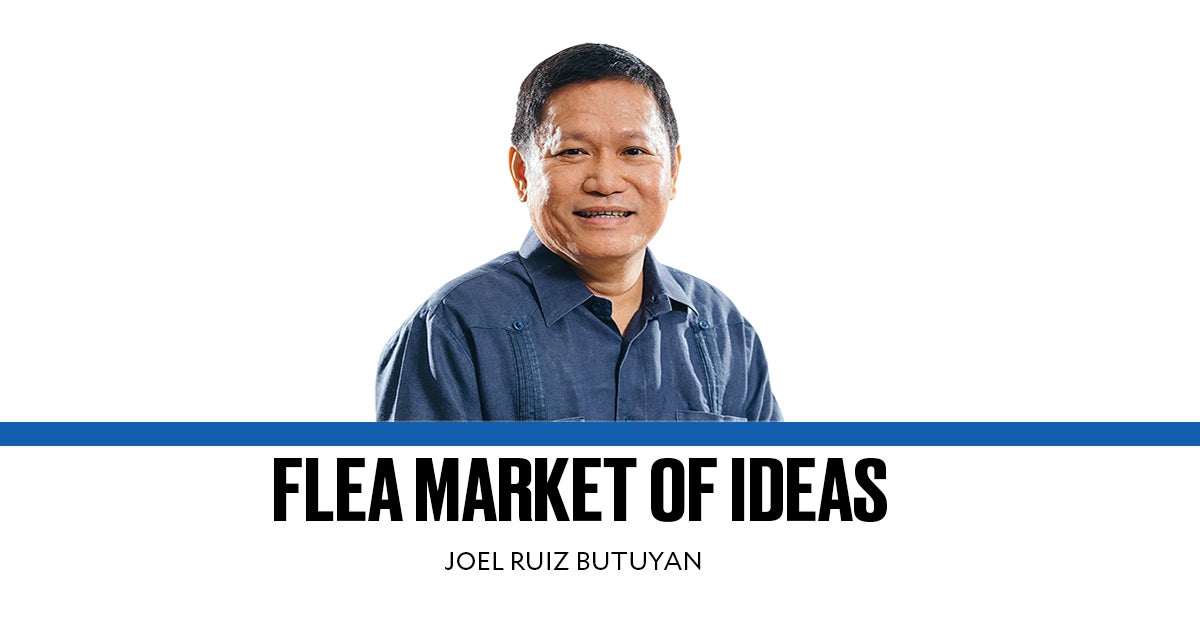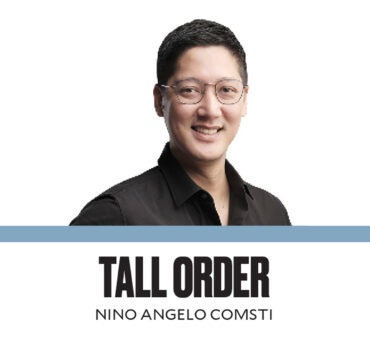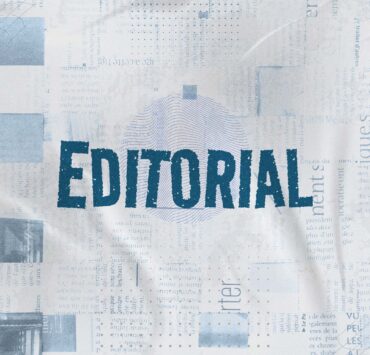Not entitled to interim release

Four reasons were raised by former president Rodrigo Duterte in his request for interim release while his case is being heard by the International Criminal Court (ICC). Through his counsel, Duterte argued that—he is not a flight risk, his release will not endanger witnesses and evidence against him, he will not commit more crimes, and humanitarian grounds justify his temporary release from the ICC detention facility in the Netherlands. Despite his pleas, Duterte is not entitled to interim release.
First, Duterte is a clear flight risk. He never recognized the ICC’s jurisdiction over him, and he withdrew his country’s ICC membership. He even threatened to shoot and kill ICC officials if they came to the Philippines during his presidency. When he was arrested pursuant to an ICC warrant, he threatened the arresting officer (now police chief Gen. Nicolas Torre) that his children would exact revenge against the latter. His family and allies have a pending Supreme Court petition that seeks to invalidate his arrest. His Senate allies orchestrated an investigation whose twisted aim was to misrepresent Duterte as having been kidnapped instead of having been lawfully arrested. His family and supporters in Europe are constantly engaged in “Bring him home” rallies aimed at obtaining Duterte’s return to the Philippines. It would be in China’s interest to lend a hand to help Duterte return to the Philippines because it will hugely increase the chances of another China-friendly presidency in 2028, through Sara Duterte. At the first opportunity afforded by his interim release, with the aid of his family and his multitude of supporters, Duterte would seek all paths of escape from ICC jurisdiction.
Second, Duterte’s interim release would gravely endanger victims and witnesses and would compromise evidence against him. Even after Duterte was arrested in March 2025, many victims and witnesses still refused to come forward and participate in the ICC proceedings. They continue to fear reprisals from the Duterte family, his allies who hold powerful public posts, and his fanatical supporters who are notorious for their propensity for violence. Duterte’s release from detention would directly threaten the security of victims and witnesses. It would also jeopardize the integrity of the ICC trial because it would restrict/limit/interfere with the willingness of victims/witnesses to participate.
Moreover, the prosecution is now disclosing to Duterte and his counsel, the names of witnesses who will testify against him. Duterte has limited ability to leak the details of these witnesses because he is being closely monitored in his detention facility. If he is released, it would expand his ability to leak witness identities, gravely compromising their security. The ICC must not take lightly the lessons of the Kenya case, where—after granting interim release to an accused—the witnesses started disappearing or ended up being killed.
Third, if Duterte is released, he may commit even more crimes. He boastfully admitted when he testified in the House of Representatives quad committee hearing last November 2024, that if he returns as Davao City mayor, he would “double” drug war killings. This is in addition to crimes that he would be poised to commit against witnesses and critics. Duterte knows of no solution other than resort to threats, intimidation, and outright violence in dealing with those who defy him and those who do not fit his perverse concept of a peaceful society. He is outrightly predisposed to violence.
Fourth, Duterte’s humanitarian plea, anchored on his senior age and the assumed attendant health issues is completely belied by his demonstration of well-being merely three months ago. Just before he was arrested last March, Duterte traveled to Hong Kong, went around shopping, and spoke lengthily in front of a rally crowd. When he returned to the Philippines and was served with an ICC arrest warrant, doctors examined him and he was found fit to travel immediately to the Netherlands.
Any claim that Duterte needs medical care, presumably necessitated by his senior age, must not trigger an automatic glance in the singular direction of interim release. If need be, the ICC should adjust the medical support extended by its detention facilities, at the cost of the requesting detainee, as a first solution, to preserve the objectives of detention. The ICC must bear in mind that any grant of interim release would always come at the heavy cost of compromising the security of victims and witnesses.
Duterte may agree to all conditions, for as long as they result in his interim release. But the ICC must be aware that it is making a pact with an individual who has shredded to pieces the Rome Statute, an international arbitration award, his nation’s Constitution, and hallowed statutes because they were obstructions to his irrational desires and actions.
To cement his entitlement to interim release, Duterte’s counsel had the temerity to claim that his client will not embarrass his host country. Tell that to the Pope, former United States president Barack Obama, and God.
——————
Comments to fleamarketofideas@gmail.com


















